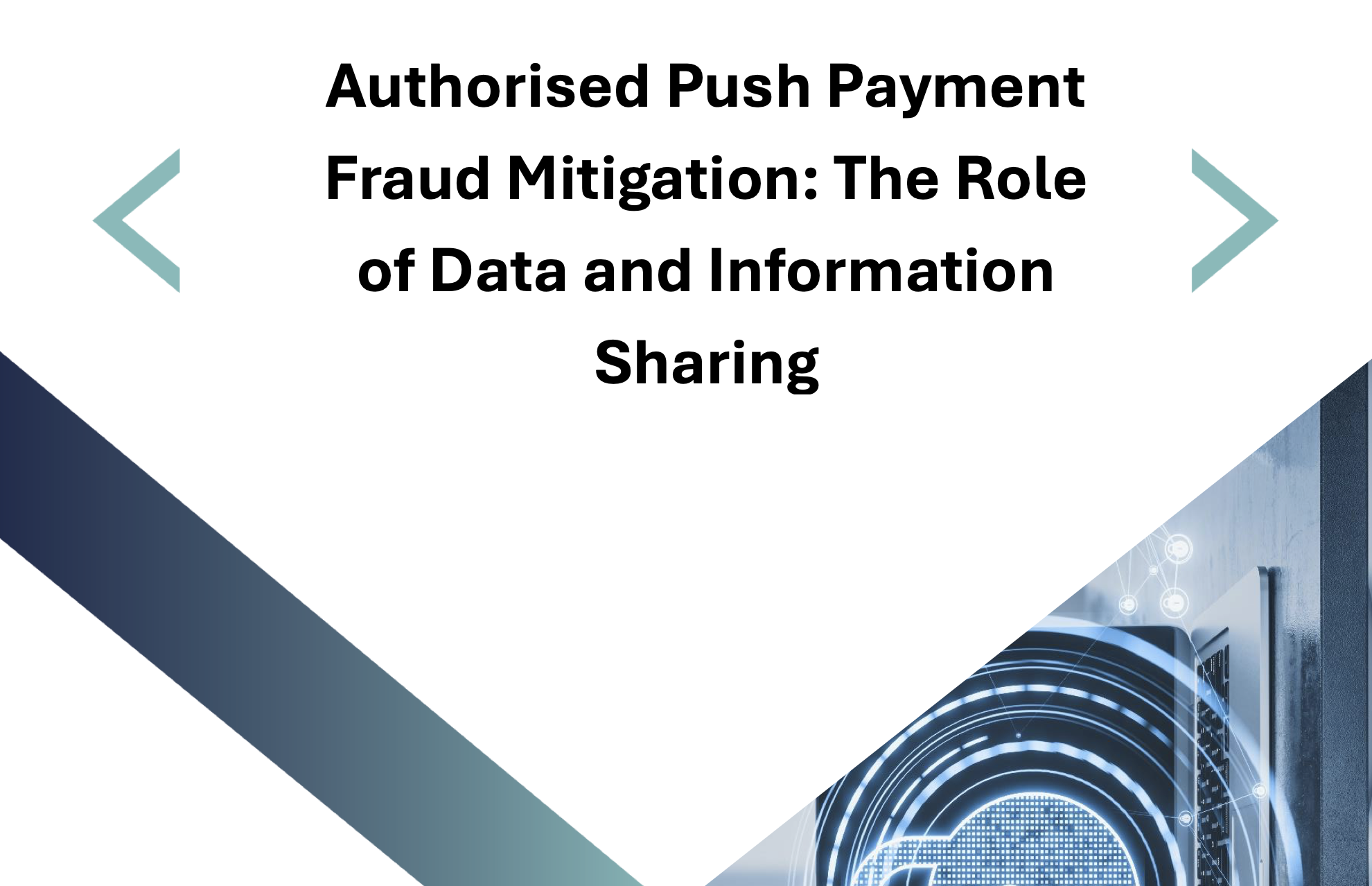Embedded Payments: Paving the way for the future of business

Payments have always been the leading area of innovation for fintech companies in Scotland utilising open banking and embedded payments making it faster and more convenient to pay and transfer money both locally and globally. That is why Payments & Transactions was designated as one of the four key strategic priority themes of FinTech Scotland’s FinTech Research & Innovation Roadmap 2021-31.
Nick Adams, Director and Payments Experience Specialist at Modulr, spoke with us about how embedded account-to-account payments are enhancing the ability to seamlessly integrate payments into everyday experiences, enabling customers and businesses to make purchases without the need to input bank details, credit card or debit card information. Modulr is leading this category of B2B embedded payments and is registered as an Electronic Money Institution (EMI), enabling businesses to create accounts, control and access, receive and make payments, update systems and customers via webhooks – all on-demand through software.
“When people think about digital payments for businesses and the economy via ecommerce or other platforms they tend to think of card payment players like Checkout.com, Stripe, Braintree (part of PayPal) and then PayPal itself,” explains Adams. “Embedded payments is fundamentally different as it enables businesses to fully embed and control real-time money movements in and out of their businesses through software. The brands I mentioned, among many others, are third-party managed service providers that sit outside their clients’ business. They are focused on the checkout experience, but there’s a whole other area of business payments that has not been brought into the 21stcentury.”
By bringing embedded payments into their platforms, companies can offer their customers custom experiences that align much more to today’s consumer expectations, who want immediate notifications and frictionless payments like Uber and Amazon. Those businesses also want certainty in their Treasury functions on how much money they actually have at any point in time – a real-time view of their cash position. “Modulr enables hundreds of enterprise customers and thousands of SMEs to process and reconcile large volumes of payments automatically and in real-time rather than using antiquated batch processes,” describes Adams. “It’s providing access to real-time payments for all sizes of every business, from enterprises through to SMEs, to simply plug in through the same API and get the same control and visibility. This instils trust in both buyers and sellers, because they can actually see what’s happening in a transaction, instantaneously.”
From a personal perspective, Adams now considers himself a “payments guy” who, having worked for large global payments businesses, has now transferred to a Scottish fintech scale-up. His advice for those thinking of making a similar move:
- Don’t feel you have to be global from day one; payments is a globally fragmented industry and focusing on a country or region with harmonised payments regulation and processes makes sense. We’ve seen too many global-ambition payments startups fail due to over-stretch
- Promote the exciting opportunities of working in fintech to the talent derived from Scotland’s more traditional financial services businesses
- Be flexible with your teams, but spend as much time as you can together physically in the same space to create energy and move much more quickly.
Adams concludes, “What excited me about moving from a big corporate, to an early-stage scale-up was the ferocious speed and need to pivot constantly. It’s a very invigorating environment. Generally speaking, the people that are in it, I think are having great fun. I’d recommend this to anyone.”



